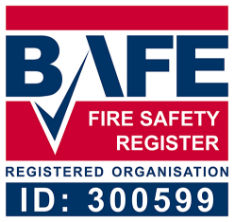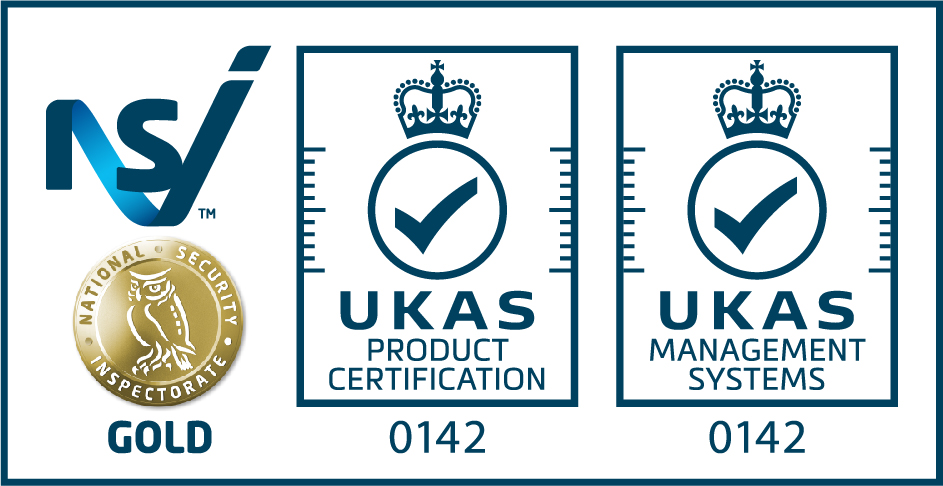In the commercial sector, fire alarm monitoring provides an indispensable layer of protection that goes beyond standard fire detection systems. When a fire breaks out in an unoccupied building, who will respond to the alarm? This question keeps many business owners and facilities managers awake at night – and for good reason. With over 60% of commercial fires occurring in unoccupied buildings and more than half of fire incidents taking place outside standard working hours, the need for round-the-clock fire alarm monitoring has never been more critical.
Fire alarm monitoring by Logic Fire and Security creates a vital connection between your premises and emergency responders, ensuring that even when your building is empty, your fire detection system remains fully effective. This continuous protection not only safeguards your physical assets but also provides the peace of mind that business leaders desperately seek when responsible for both property and people’s safety.
What is Fire Alarm Monitoring?
Fire alarm monitoring is a comprehensive security service that connects your commercial property’s fire alarm system to a remote Alarm Receiving Centre (ARC) staffed by trained professionals 24 hours a day, 365 days a year. This connection ensures that when your fire alarm activates – whether during business hours or at 3 AM on a Sunday – someone is immediately notified and appropriate action is taken.
Unlike standard fire alarm systems that simply alert occupants of the building, monitored systems ensure a rapid emergency response regardless of occupancy. The monitoring system creates a direct communication channel between your premises and an external monitoring centre through secure telecommunications networks.
When a fire alarm triggers, the system sends an instant digital signal to the ARC, where operators verify the alarm and initiate an emergency response protocol based on your predetermined instructions. This typically includes contacting the fire service immediately and notifying key personnel within your organisation.
How Does Fire Alarm Monitoring Work?
The process behind fire alarm monitoring is sophisticated yet streamlined, designed to deliver rapid response times when every second counts:
- Signal Transmission: When smoke or heat detectors activate your alarm system, a digital signal is instantly transmitted to the ARC via secure communication channels – typically using dual-path technology combining both internet and cellular networks for maximum reliability.
- Keyholder Notification: Simultaneously, designated keyholders from your organisation are contacted according to your specified protocol, ensuring internal stakeholders are promptly informed.
This seamless process typically completes within seconds of alarm activation, dramatically reducing response times compared to unmonitored systems that rely on passersby noticing an issue or staff being present.
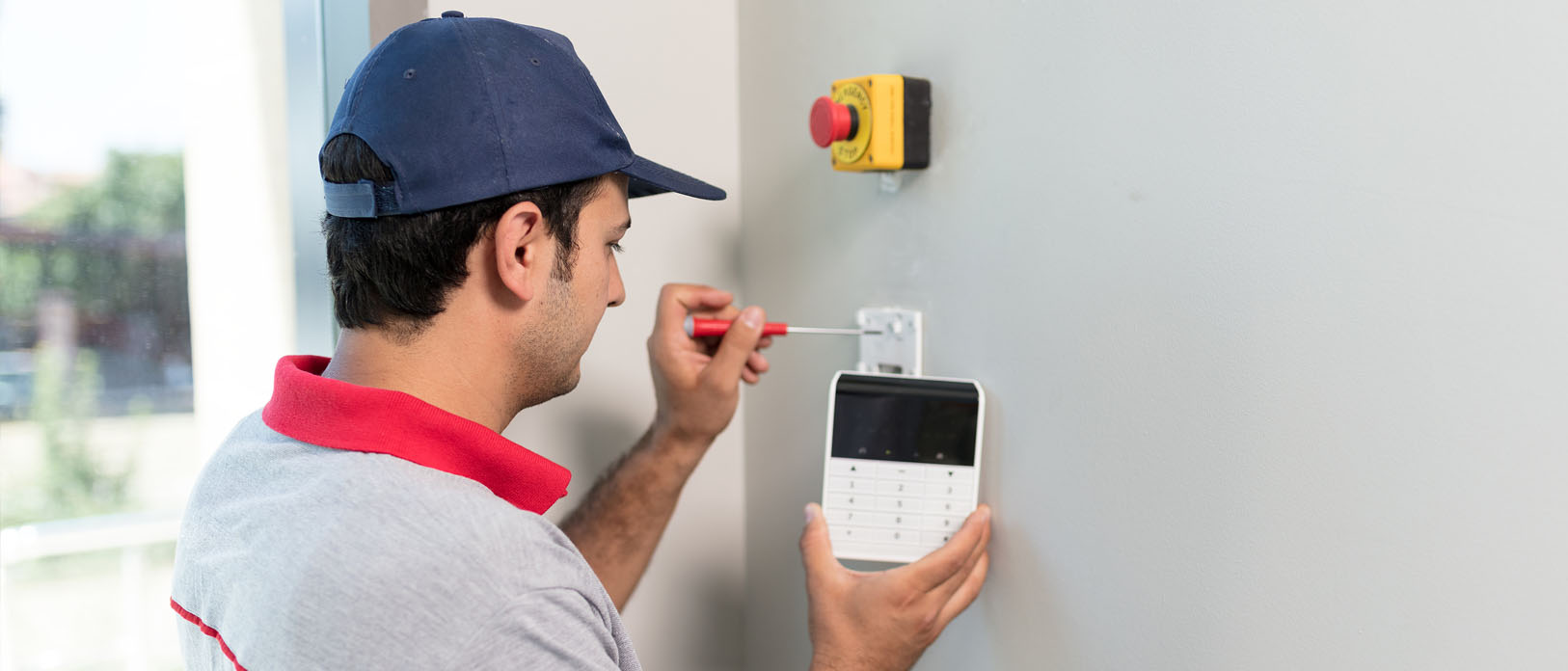
Is Fire Alarm Monitoring a Legal Requirement for Businesses?
While the installation of fire alarm systems is mandatory for most commercial premises under the Regulatory Reform (Fire Safety) Order 2005, fire alarm monitoring itself is not universally required by law for all businesses. However, this doesn’t diminish its importance or necessity for many organisations.
The legal requirements depend on several factors specific to your business:
- Risk Assessment Outcomes: Your fire risk assessment may identify monitoring as a necessary control measure, particularly for high-risk environments or premises with sleeping accommodation.
- Insurance Requirements: Many commercial insurance policies now mandate fire alarm monitoring, making it effectively a contractual obligation rather than a statutory one.
- Building Classification: Certain categories of buildings, such as care homes, hotels, and other premises with sleeping risks, are often required to implement monitoring as part of their safety strategy.
- Occupancy Patterns: Buildings that are frequently unoccupied or operate with minimal staffing may face stricter requirements regarding monitoring.
Even when not explicitly required by legislation, the “responsible person” named under fire safety regulations has a duty to implement appropriate fire safety measures. For many businesses, monitored fire alarm systems represent a reasonable and proportionate approach to fulfilling this duty, particularly when balancing the potential consequences of an undetected fire against the modest cost of implementation.
Why Do Commercial Buildings Need Fire Alarm Monitoring?
The commercial sector faces unique fire safety challenges that make monitoring particularly valuable:
Round-the-Clock Protection
Unlike residential properties, commercial buildings often stand empty for significant periods – evenings, weekends, and holidays. Statistics from the London Fire Brigade reveal that 53% of fire incidents occur between 6 PM and 9 AM, precisely when most businesses are unoccupied. Without monitoring, these fires can burn undetected for extended periods, causing catastrophic damage before discovery.
Rapid Emergency Response
In fire situations, every minute matters. Research shows that fires can double in size every 30 seconds in certain conditions. Monitored systems ensure the emergency services are notified within seconds of alarm activation, rather than minutes or hours later when someone happens to notice the situation.
Business Continuity Assurance
The aftermath of a fire extends far beyond physical damage. Insurance providers report that 70-80% of businesses fail within three years after experiencing a significant fire. By minimising fire damage through early detection and rapid response, monitoring helps maintain business continuity and reduces recovery time.
Regulatory Compliance Support
With increasingly complex fire safety regulations, monitored systems provide documented evidence of a proactive approach to fire safety — valuable during inspections and in demonstrating due diligence.
Insurance Benefits
Many insurers offer premium reductions for businesses with monitored fire alarm systems, recognising the reduced risk profile these systems create. Some policies even require monitoring as a condition of coverage, particularly for high-value or high-risk premises.
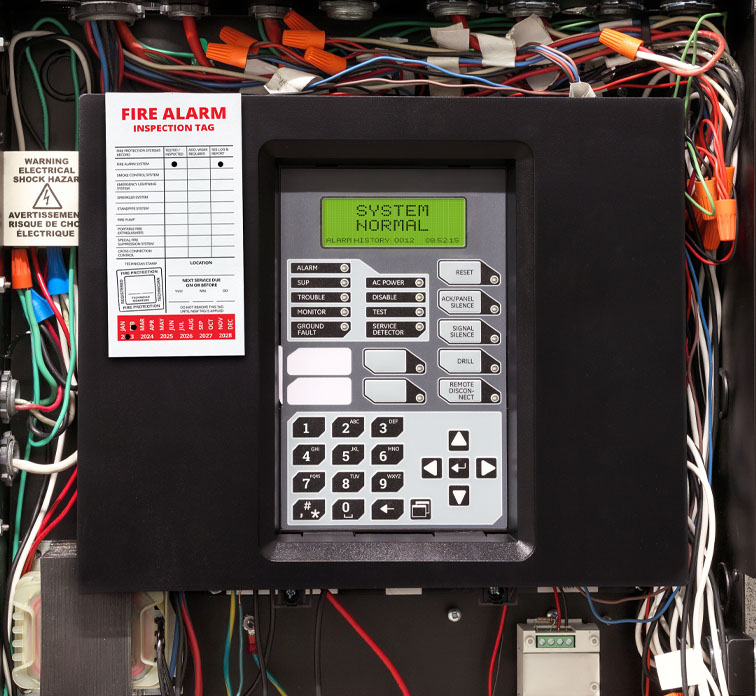
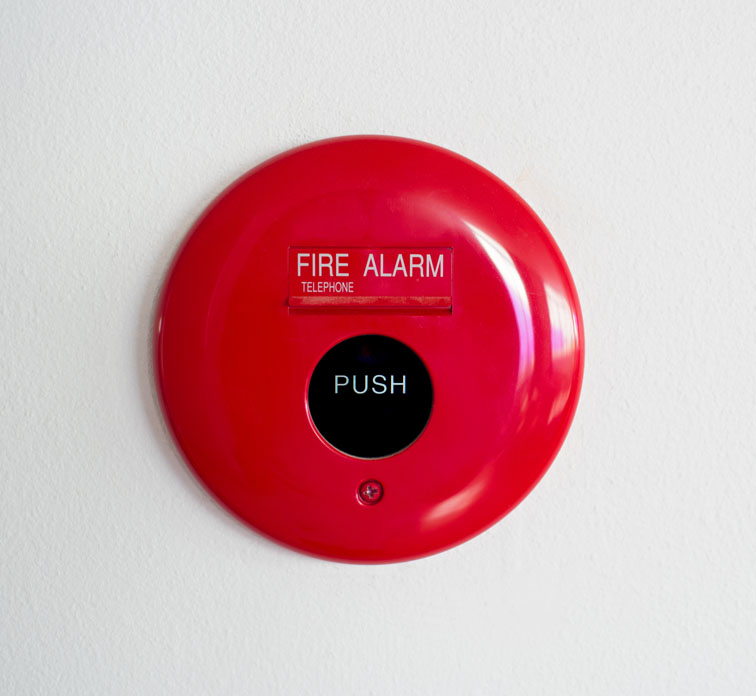
The Benefits of Fire Alarm Monitoring for Your Business
Beyond the fundamental protection they provide, monitored fire alarm systems deliver numerous advantages that support both safety objectives and broader business goals:
Peace of Mind
For decision-makers carrying the weight of safety responsibilities, knowing that your fire protection systems have professional backup provides invaluable reassurance. This peace of mind extends to all stakeholders – from C-suite executives to facilities managers and safety officers.
Reduction in False Alarm Management
Professional monitoring centres can help distinguish between genuine emergencies and false alarms, reducing unnecessary fire service callouts and the associated disruption and potential charges.
Enhanced Asset Protection
Beyond human safety, monitoring helps protect valuable physical assets – equipment, inventory, data, and the building itself – from fire damage, potentially saving millions in replacement costs and business interruption.
Documented Compliance
Monitoring services provide comprehensive logs of all system activities, creating an audit trail that demonstrates regulatory compliance and due diligence – crucial for insurance claims and regulatory inspections.
Focus on Core Business
Delegating fire safety monitoring to specialists allows your team to concentrate on their primary responsibilities without the distraction of managing alarm responses or worrying about after-hours emergencies.
How Much Does Fire Alarm Monitoring Cost?
The investment in fire alarm monitoring represents exceptional value when weighed against the potential costs of an undetected fire. For commercial properties, monitoring services typically start from £25-35 per month, with costs varying based on:
- Property Size and Complexity: Larger facilities with multiple zones may require more sophisticated monitoring solutions.
- Risk Level: High-risk environments such as industrial facilities or premises with hazardous materials may need enhanced monitoring protocols.
- Integration Requirements: Systems that connect with other security or building management systems may have different pricing structures.
- Communication Method: The technology used to transmit signals to the monitoring centre (landline, cellular, IP, or dual-path) affects ongoing costs.
When evaluating these costs, it’s essential to consider not just the monthly fee but the total value delivered, including:
- Potential insurance premium reductions
- Avoided costs from earlier fire detection
- Reduced business interruption risk
- Compliance assurance
- Prevention of reputational damage
Most monitoring providers offer flexible contracts and can tailor solutions to specific business needs and budgets, making this vital protection accessible to organisations of all sizes.
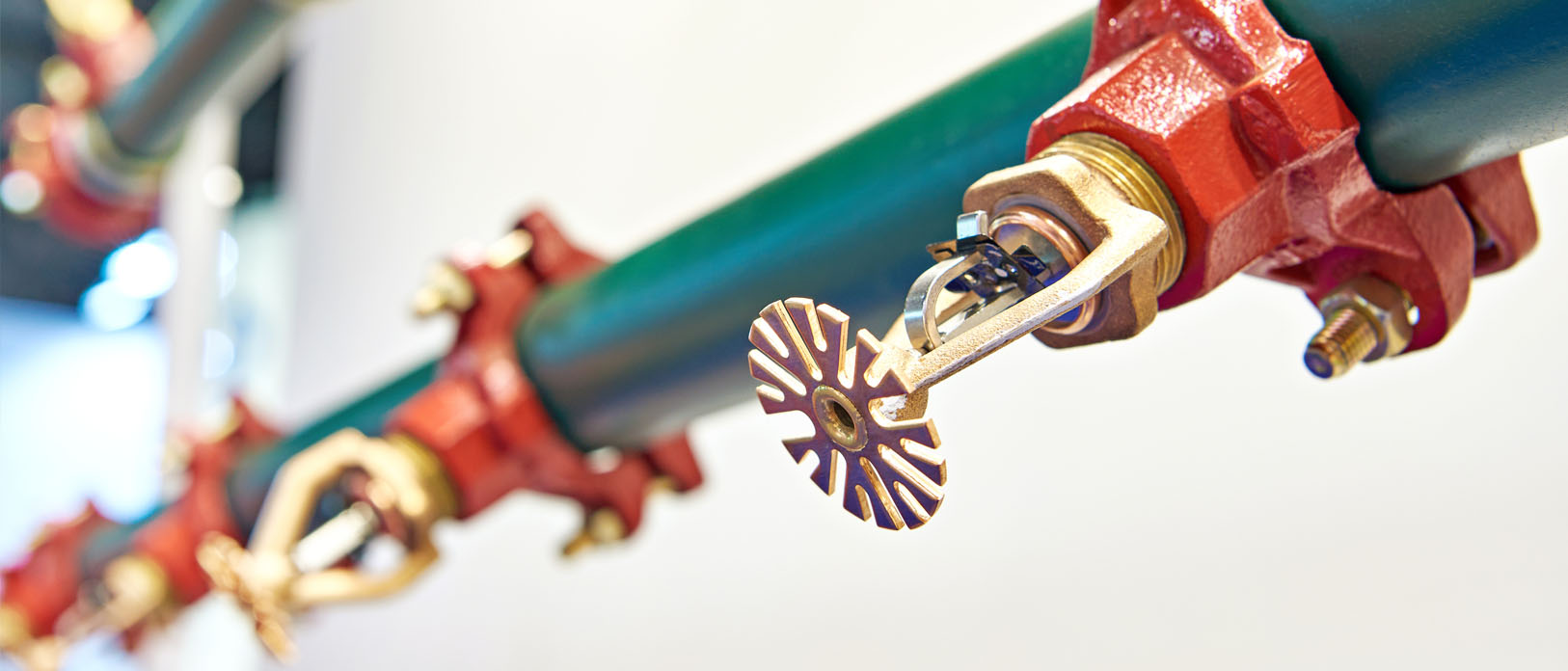
Is Fire Alarm Monitoring Worth the Investment?
When business leaders ask this question, they’re essentially weighing a predictable, modest monthly expense against the unpredictable but potentially catastrophic cost of an undetected fire. The statistics make a compelling case:
- The average cost of a significant commercial fire exceeds £1.3 million when accounting for property damage, business interruption, and recovery expenses.
- Fires that burn longer cause exponentially more damage – a monitored system can reduce fire service response time by 5-30 minutes depending on location and circumstances.
- According to insurance industry data, monitored buildings typically experience 65% less fire damage than unmonitored properties when fires do occur.
- The ROI becomes even clearer when considering that many insurance providers offer premium discounts of 5-10% for monitored systems, often offsetting a significant portion of the monitoring cost.
Beyond these quantifiable benefits, monitored systems deliver intangible value through reduced stress for management, enhanced confidence among stakeholders, and the knowledge that you’ve taken every reasonable step to protect your people and property.
How to Choose the Right Fire Alarm Monitoring Provider
Selecting the right monitoring partner is crucial for ensuring reliable protection. Key considerations should include:
Accreditation and Certification
Reputable providers should hold NSI Gold or equivalent certification, demonstrating compliance with the highest industry standards. This accreditation ensures that the monitoring centre meets strict criteria for technology, staffing, and operational procedures.
Response Protocols
Understand exactly how the provider will respond to different types of alarms and what escalation procedures they follow. The best providers offer customisable response plans tailored to your specific needs.
Technology and Resilience
Leading monitoring centres employ dual-path signalling systems, backup power supplies, and redundant communication channels to maintain service even during infrastructure failures or natural disasters.
Integration Capabilities
Consider how monitoring will work with your existing systems, including intruder alarms, access control, and building management platforms. Seamless integration enhances overall security while potentially reducing costs.
Service Level Agreements
Review response time guarantees, system availability commitments, and support procedures to ensure they align with your requirements and expectations.
Maintenance and Support
Comprehensive providers offer regular system maintenance alongside monitoring, ensuring your equipment remains in optimal condition and addressing potential issues before they affect performance
Protecting What Matters Most
Fire alarm monitoring represents one of the most cost-effective investments a business can make in its safety strategy and continuity planning. By ensuring that your fire detection system never goes unheard – whether during working hours or in the middle of the night – monitoring provides protection that standard alarm systems simply cannot match.
For business owners and facilities managers shouldering the responsibility for safety compliance and risk management, monitored systems offer more than just protection – they provide confidence that you’ve implemented best practices to safeguard your people, property, and operations.
As fire safety regulations continue to evolve and insurance requirements become increasingly stringent, monitored fire alarm systems are transitioning from an optional enhancement to an essential component of comprehensive business protection.
Don’t wait for a fire to reveal gaps in your safety strategy. Contact Logic Fire and Security today on 0800 8445 999 or email sales@logicfireandsecurity.com to discuss how our tailored fire alarm monitoring solutions can protect your business around the clock. Alternatively, complete the How Can We Be of Service form below, and our expert team will be in touch promptly to arrange a no-obligation consultation.




